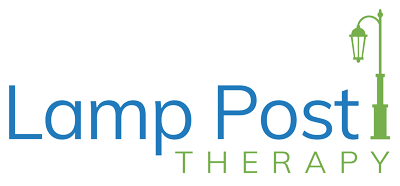Speech Therapy

Why Speech Therapy?
Effective use of speech (sound production and sound combinations) and language skills (receptive-understanding, expressive-talking, pragmatic-social use) allows people to express their needs, wants, thoughts and feelings as well as to receive and understand information about the world around them. Communication affects one’s ability to interact and connect with others in play, work, and other aspects of daily living. The ability to communicate greatly influences quality of life. When there is a delay or disorder, an individual can become frustrated, “shut down”, and/or engage in undesired behaviors.
Early assessment and intervention by a trained, licensed and ASHA certified (CCC-SLP) Speech Language Pathologist (Speech Therapist) is critical and often necessary to help develop these functional communication skills. The clinician works with the person or child and caregivers to establish functional and individualized goals in order to become more functional communicators and to help each individual achieve their full potential.
Speech vs. Language - What's the difference?
Speech involves the actual production of sounds for communication. This involves learning how to hear and produce each sound like letters in the alphabet. Then using combinations of those sounds to produce words. The ability to articulate or pronounce the sounds and coordinate combinations of sounds are important for effective communication.
Language is more complex and involves the ability to use words and combinations of words to create meaningful and effective dialogue between people. This includes the ability to understand words (receptive language) and the ability to create meaningful word combinations (expressive language).
Language also includes understanding the nuances of words and how they may change the meaning when used with different inflection or emphasis or body language. Communication involving understanding the context is called pragmatics. How words and pragmatics are used to communicate is important for social communication and connection.




